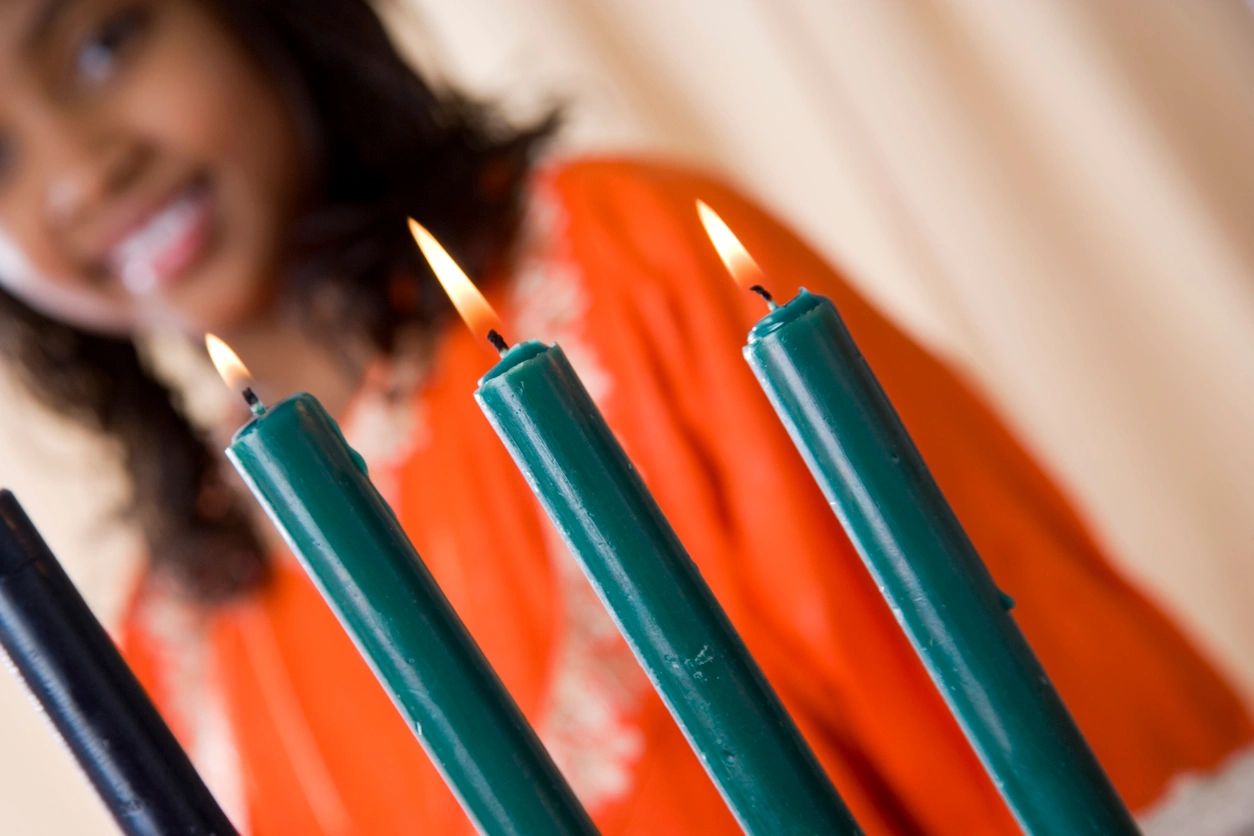Growing up in a conventional church and a traditional family leaves a fairly deep mark on your soul. Though I haven’t sung hymns for decades, I still know the first, third, and fourth verse of many old hymns. (I can’t, however, tell you why the 2nd stanza got ignored more often than not.)
A lot of holiday traditions are permanently etched in my heart as well.
- Christmas Eve without singing Silent Night while lighting candles is unthinkable.
- I always look forward to my mom’s special Christmas cookies. (Mom, you’re late this year.)
- Whether we had a fireplace mantle or not, we’ve always hung Christmas stockings. In my family, Santa doesn’t get credit for the presents under the tree, but he’s the guy who fills our stockings with goodies.
I could go on because, like many of you, we have some wonderful family holiday traditions.
However, I’ve recently realized something surprising and a bit disturbing.
Though I love change, thrive on experiencing new things, and consider myself flexible and adventuresome, I’m essentially a very traditional person.
By definition, to be traditional means you “adhere to past practices or established conventions.” That’s me, and it’s why I do many of the things I do during the Christmas season (and beyond). I’m adhering to the past.
And for the record, I stick to a lot of traditions because they are familiar and make me feel happy and safe. And there’s absolutely nothing wrong with keeping traditions—especially family ones.

However . . .
I said my realization was a bit disturbing because this all got me thinking about why I do what I do in many other areas of my life.
- Am I seeking comfort and safety more than I should?
- Do I try to control things by pulling the “tradition” card?
- As a leader, have I avoided risks by not seeing what could be possible because I’m stuck with what is?
- As a follower of Jesus, am I stuck in a rut of routine that I like to call a “spiritual discipline?”
For example, what might my next staff meeting look like if I tried something truly radical? “Hey, gang, instead of sitting in a circle and listening to me today, I want you to take a walk with the person on your right! Just walk. Talk. Pray. Laugh. Simply be friends together.”
What would my daily devotional time be like if I decided to read only one book of the Bible over and over and over again for an entire year, letting it saturate my heart and mind?
How would my relationships be different if I replaced a half-hour of TV or social media each day with a phone call or, better yet, a face-to-face encounter?
What would happen if we didn’t have church services on a Sunday (even once in a while), and instead, we sent everyone out into the community to be the church rather than just do church? Can I imagine myself saying, “Okay, folks, next Sunday, I want you to take your new neighbor or a homeless person out for brunch or coffee and just love on ‘em!”?
What if this year you took the entire family to the local mission on Christmas Day to serve the poor rather than overeat at home in front of the game?
Traditions can be good. Traditions can provide joy. There’s nothing inherently wrong with being traditional. But is it possible that we sometimes get so locked into a way of doing things that we miss the fresh wind of the Holy Spirit? Is it possible that some of our traditions are hindering our emotional, relational, and spiritual growth?
Maybe it’s time to ask yourself, What if?
What if instead of only “adhering to a past practice or an established convention,” you stepped out to find something new and amazing?
What if your next best experience or encounter with God were one unconventional and nontraditional step away?
What if you set aside the safe and the “normal” for something guaranteed to drive you to your knees in desperate prayer for more of God?
What if?
At the very least, it’s something to think about, but maybe it’s time to change.
![]()



Tradition is a complex topic. The Bible often refers to and even encourages the believer in the honoring and keeping of tradition, 2 Thes 2:15, 1 Cor 11:2. As a matter of fact, the word “Christian” means imitators of Christ, which by very definition embraces a repetition of action,,, a tradition.
But on the other hand we are warned us of voiding the Gods Word by OUR traditions, Matt 15:3.
We need to clearly and honestly review our traditions to be parallel with the Word of God, which is clearly the standard to which each of our actions should measured.
Tradition helps prevent us from flailing about, as each “new idea” is presented. But tradition can also be binding in making progress. So we should clearly measure our traditions severely and to reflect Gods heart.
Good insights, Cary. Thanks!
Great topic!
A question for another blog, and maybe a sermon on my part, “When might a person be well advised to stick to a tradition rather than to change something immediately?
Hi William, as I wrote, there’s nothing wrong with traditions (I’m stinking to many.) The issue is WHY. If we are doing so for good and godly reasons, they hold fast. However, if we are stuck in a rut and afraid of the new…then it might be time to consider a change. Good question! Thanks for adding to the conversation.
When our denomination broke away from us last year (not for lack of money but new members) we retirees stayed together in the church building we’d had for 135 years. Without a pastor, we discovered God had given each of us a gift to share (administration, teaching, preaching, etc.) Then God brought retired pastors to us from various denominations, so each week we have a different speaker and tried new things, but the ongoing prayer has been for God to guide and provide. What a blessing!
P.S. to “Momma” – my mother used to quote that poem too. This time of year, I miss her date loaf candy – and, always, her.
This time of year, I miss her date loaf candy – and, always, her.
Excellent Kurt! You are absolutely spot-on. If is the biggest word in the English language. If I would have did that and if I would have did this. First Christmas without dad in 57 years. May he rest in peace until Jesus comes back and Resurrects him!
Just took them out of oven. Be patient. Good things come to those who wait.